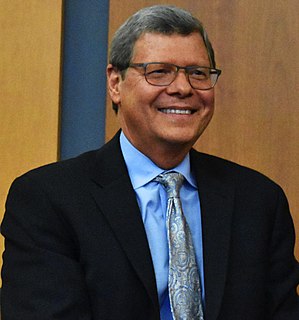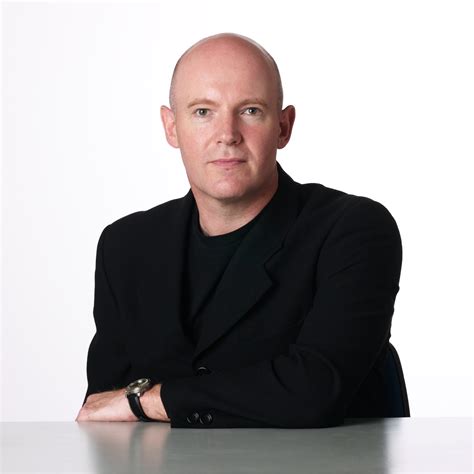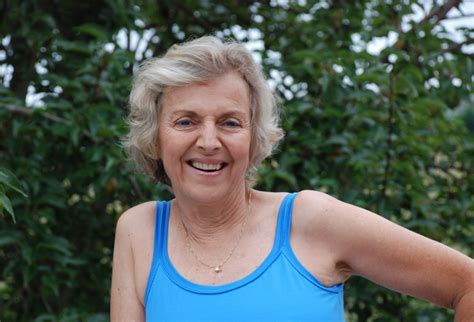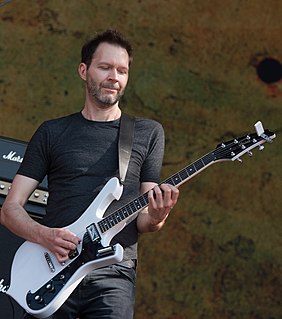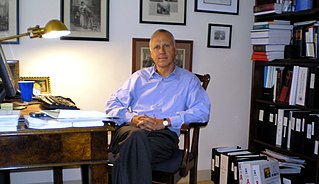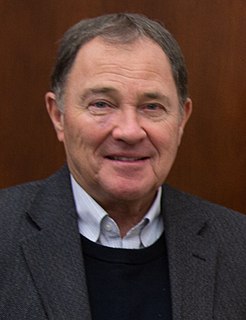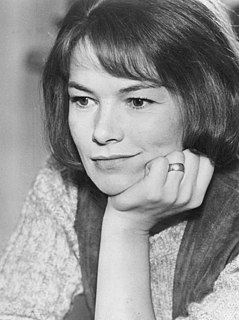A Quote by Charlie Sykes
Nothing annoys academics more than pointing out how little time they actually spend teaching students.
Related Quotes
I am relieved that, in my own teaching, I don't have to moderate between high stake teaching and education for the virtues. If I did, I would give students the tools to take the tests but not spend an inordinate amount of time on test prep nor on 'teaching to the test.' If the students, or their parents, want drill in testing, they'd have to go elsewhere. As a professional, my most important obligation is to teach the topic, skills, and methods in ways that I feel are intellectually legitimate.
I started teaching yoga in 1974 in Colorado, I was living in Winter Park, and I started teaching skiers. At that point I was teaching more of the Sivananda system and just pushing it up a little bit to make it a little more rajasic a little more active, a little more physical. People would come, and feel great, and by the time I left Colorado in 1980 I'd taught pretty much everyone in town - the ski patrol, ski instructors, the bar owners.
If you want to spend more money in restaurants, use credit cards more than cash. If you want to spend less, use cash more than credit cards. But in general, we can think about how to use the pain of paying and how much of it do we want. And I think we have like a range. Credit cards have very little pain of paying, debit cards have a little bit more because you feel like today, at least it is coming out of your checking account, and cash has much more.
I was a welfare worker for the Indian Council for Child Welfare. I'll tell you a story. Rajiv was only four years old at that time, and was going to kindergarten. One day the mother of one of his little friends came to see us and said in a sugary voice, 'Oh, it must be so sad for you to have no time to spend with your little boy!' Rajiv roared like a lion: 'My mother spends more time with me than you spend with your little boy, see! Your little boy says you always leave him alone so you can play bridge!' I detest women who do nothing and they play bridge.
I spend quite a bit of time thinking about my students. I look at them, at their work, I listen to what they tell me, and try to figure out who they might become in the best of all possible worlds. This is not easy. Students try to give you clues; sometimes they look at you as if imploring you to understand something about them that they don't yet have the means to articulate. How can one succeed at this? And how can one do it 20 times over for all the students in a class? It's impossible, of course. I know this, but I try anyway. It's tiring.
If a little less time was devoted to the translation of letters by Julius Caesar describing Britain 2000 years ago and a little more time was spent on teaching children how to describe (in simple modern English) the method whereby ethylene was converted into polythene in 1933 in the ICI laboratories at Northwich, and to discussing the enormous social changes which have resulted from this discovery, then I believe that we should be training future leaders in this country to face the world of tomorrow far more effectively than we are at the present time.
Teaching, like any truly human activity, emerges from one's inwardness, for better or worse. As I teach I project the condition of my soul onto my students, my subject, and our way of being together. The entanglements I experience in the classroom are often no more or less than the convolutions of my inner life. Viewed from this angle, teaching holds a mirror to the soul. If I am willing to look in that mirror and not run from what I see, I have a chance to gain self-knowledge-and knowing myself is as crucial to good teaching as knowing my students and my subject.
